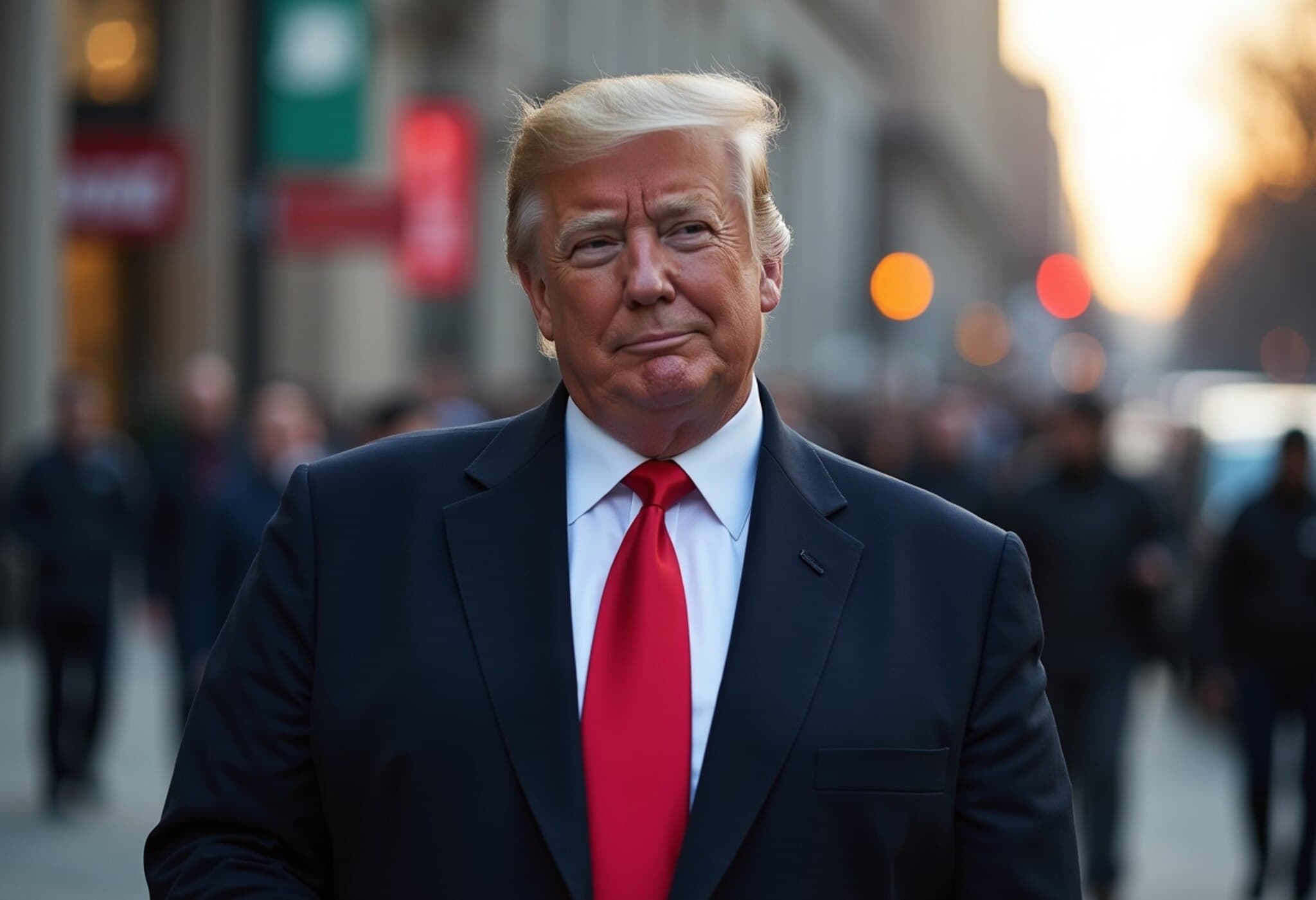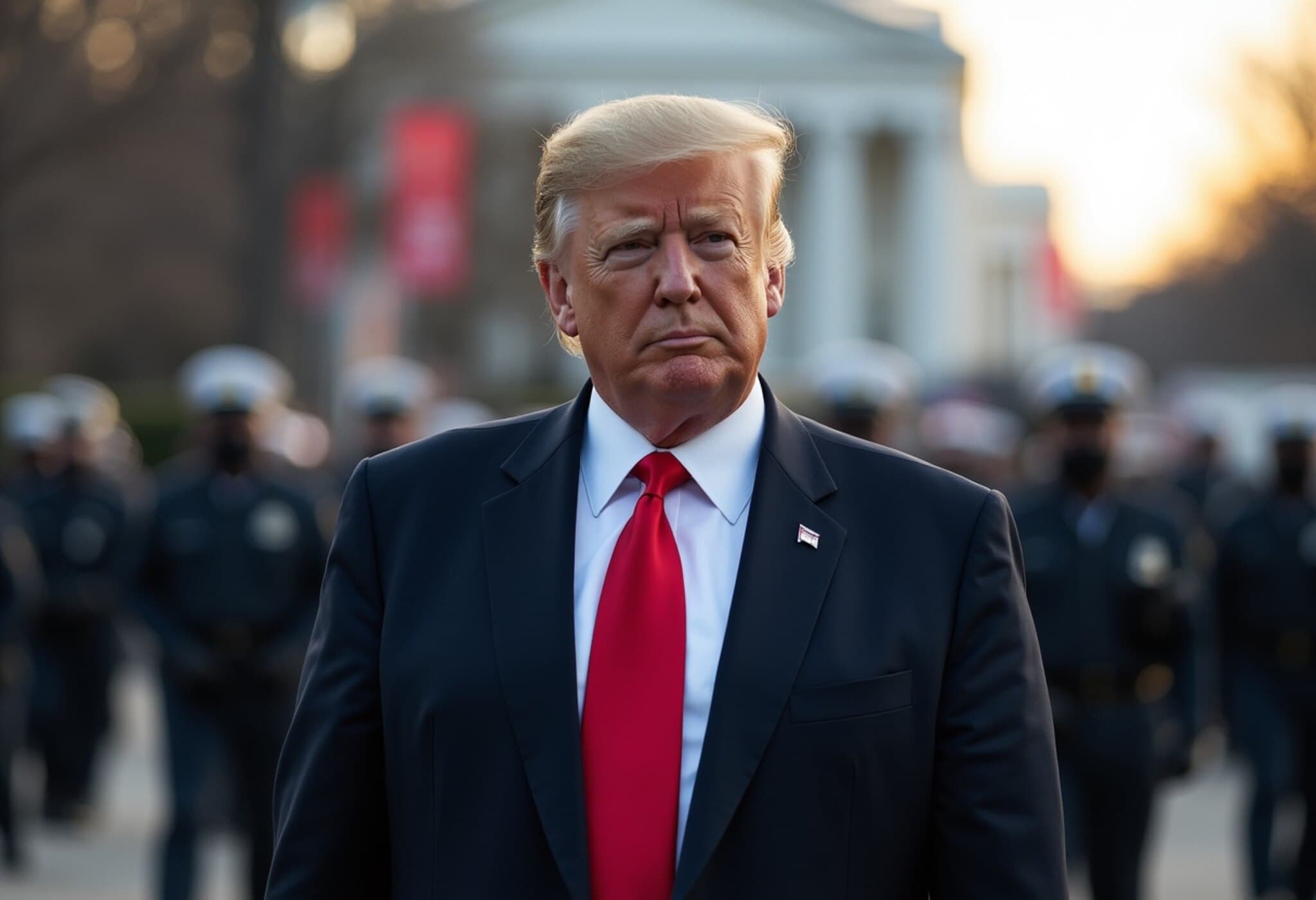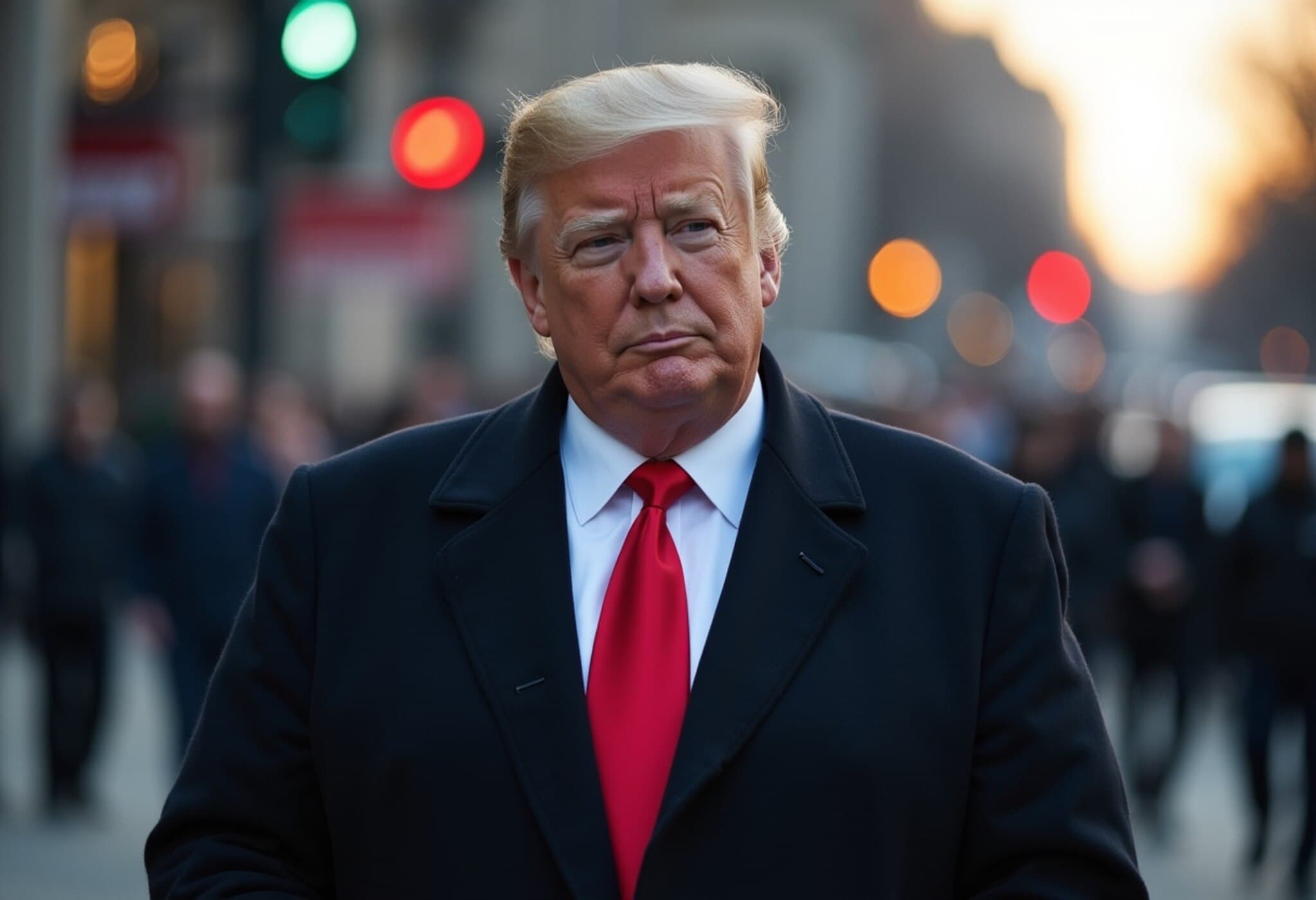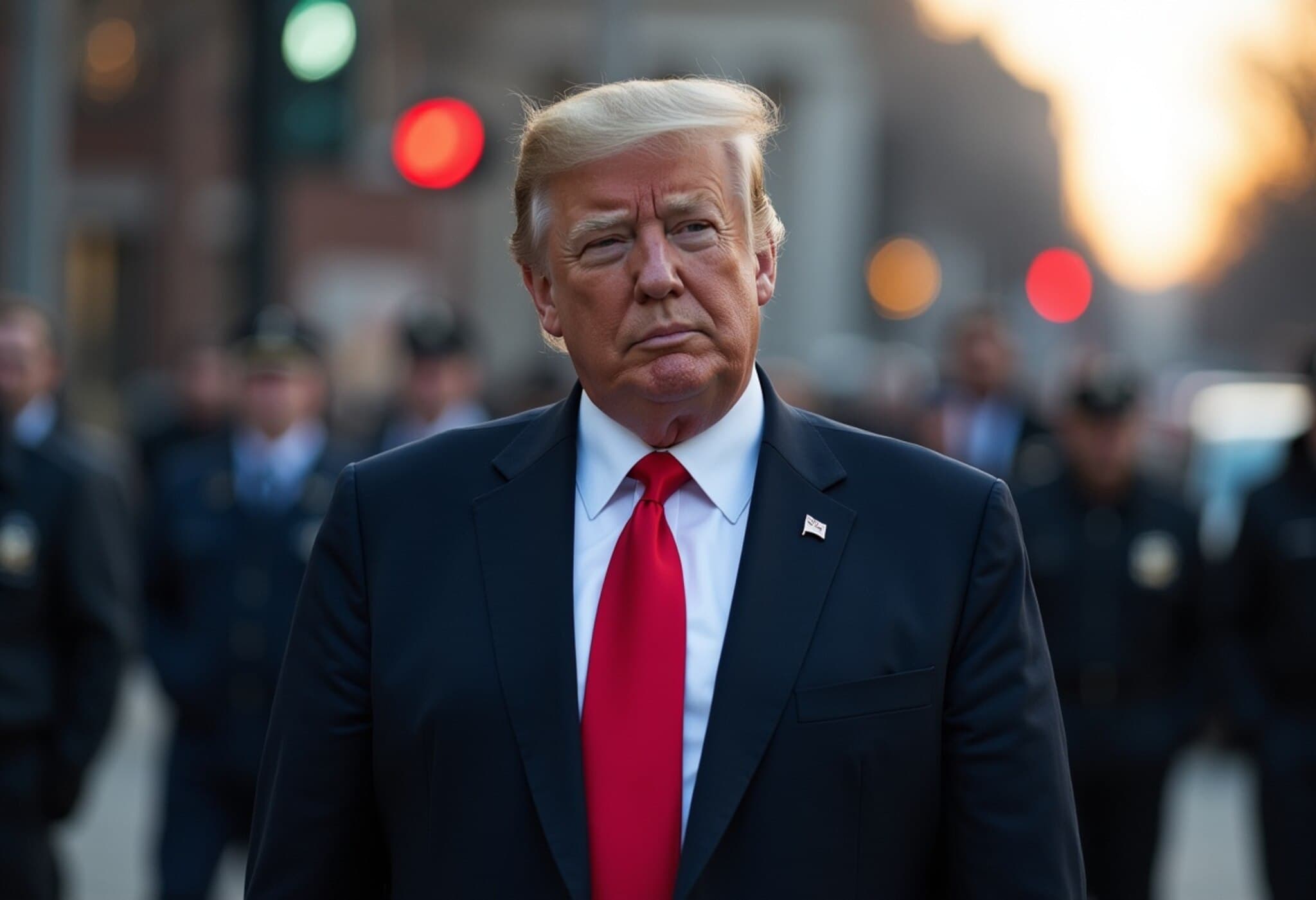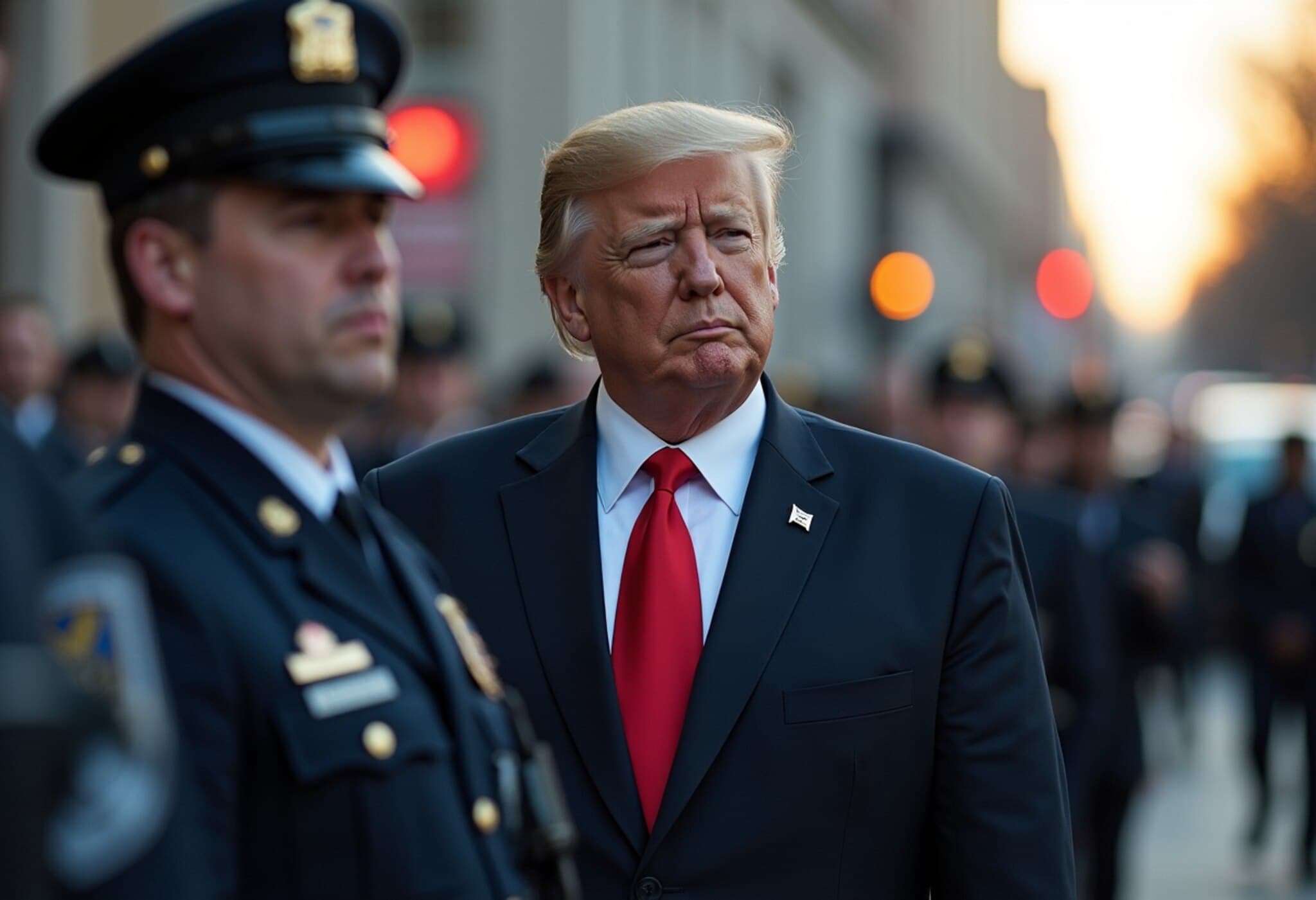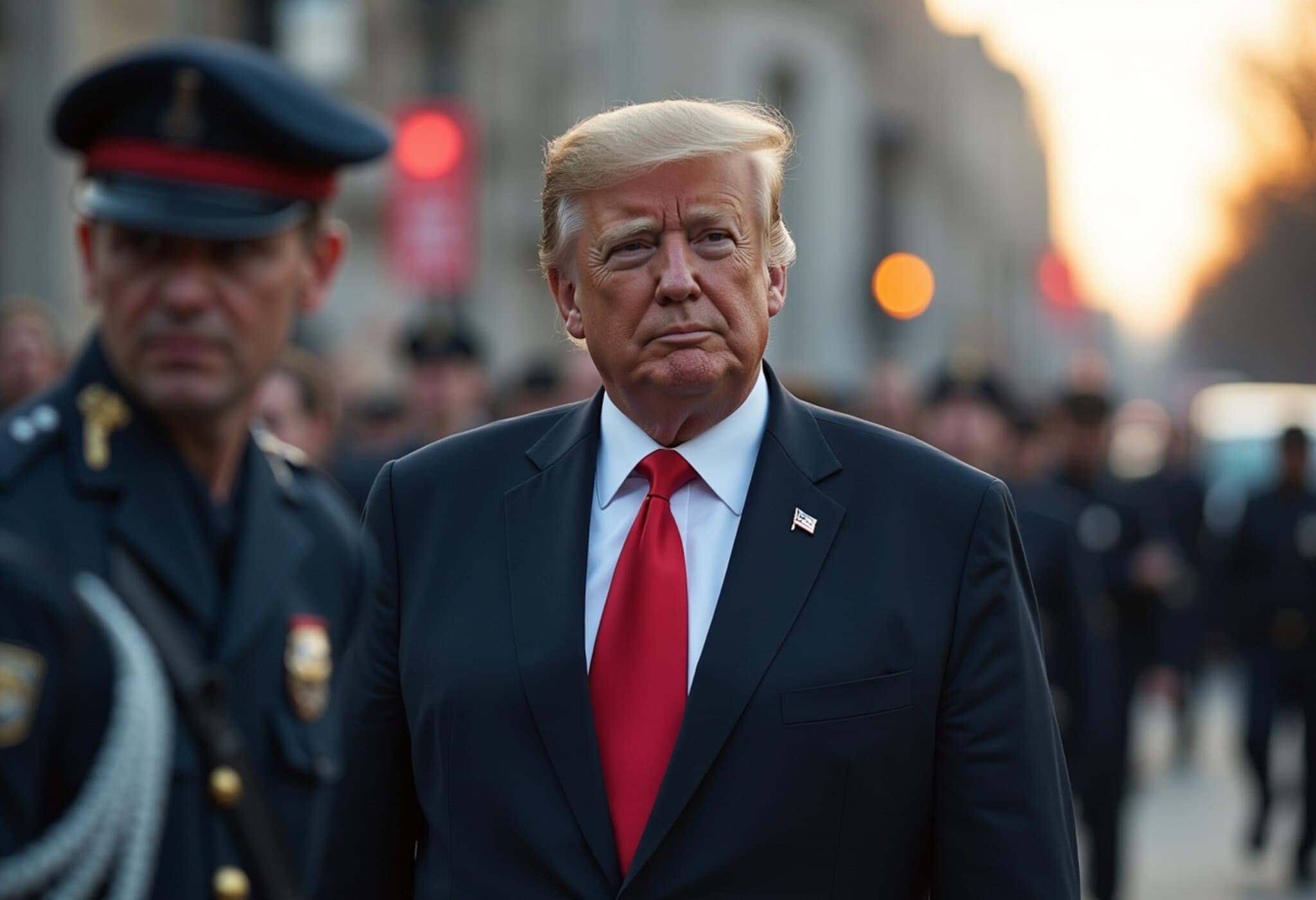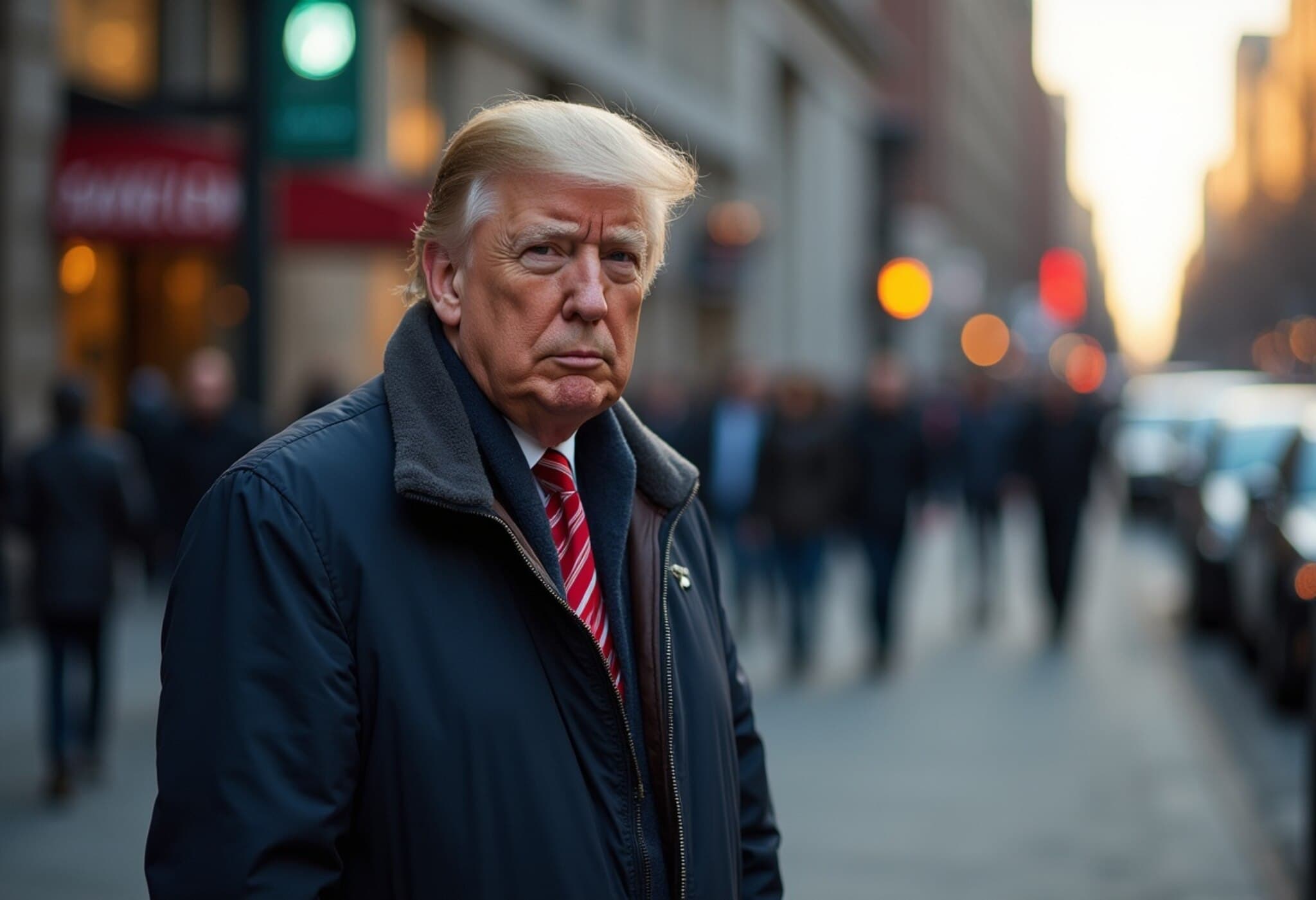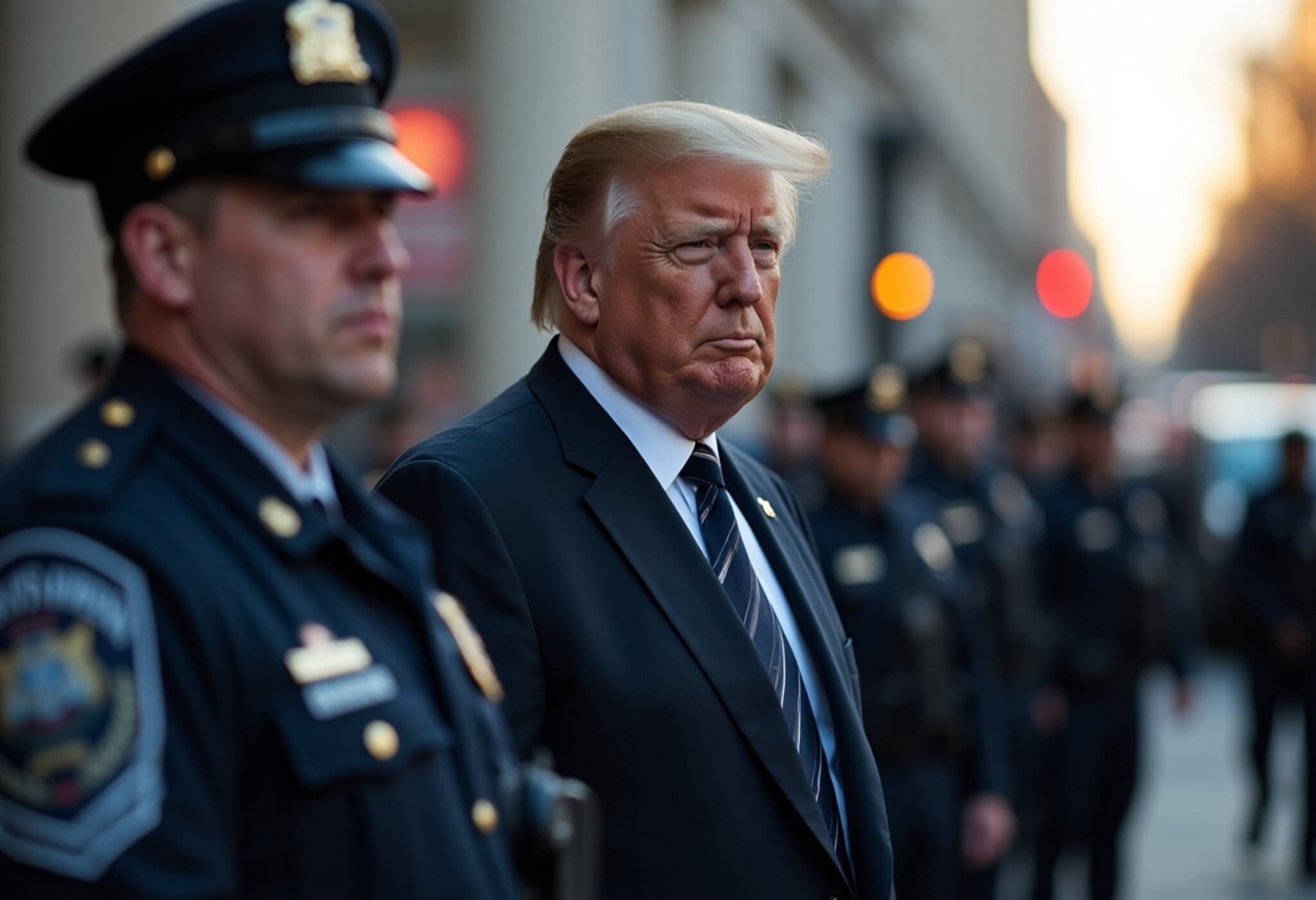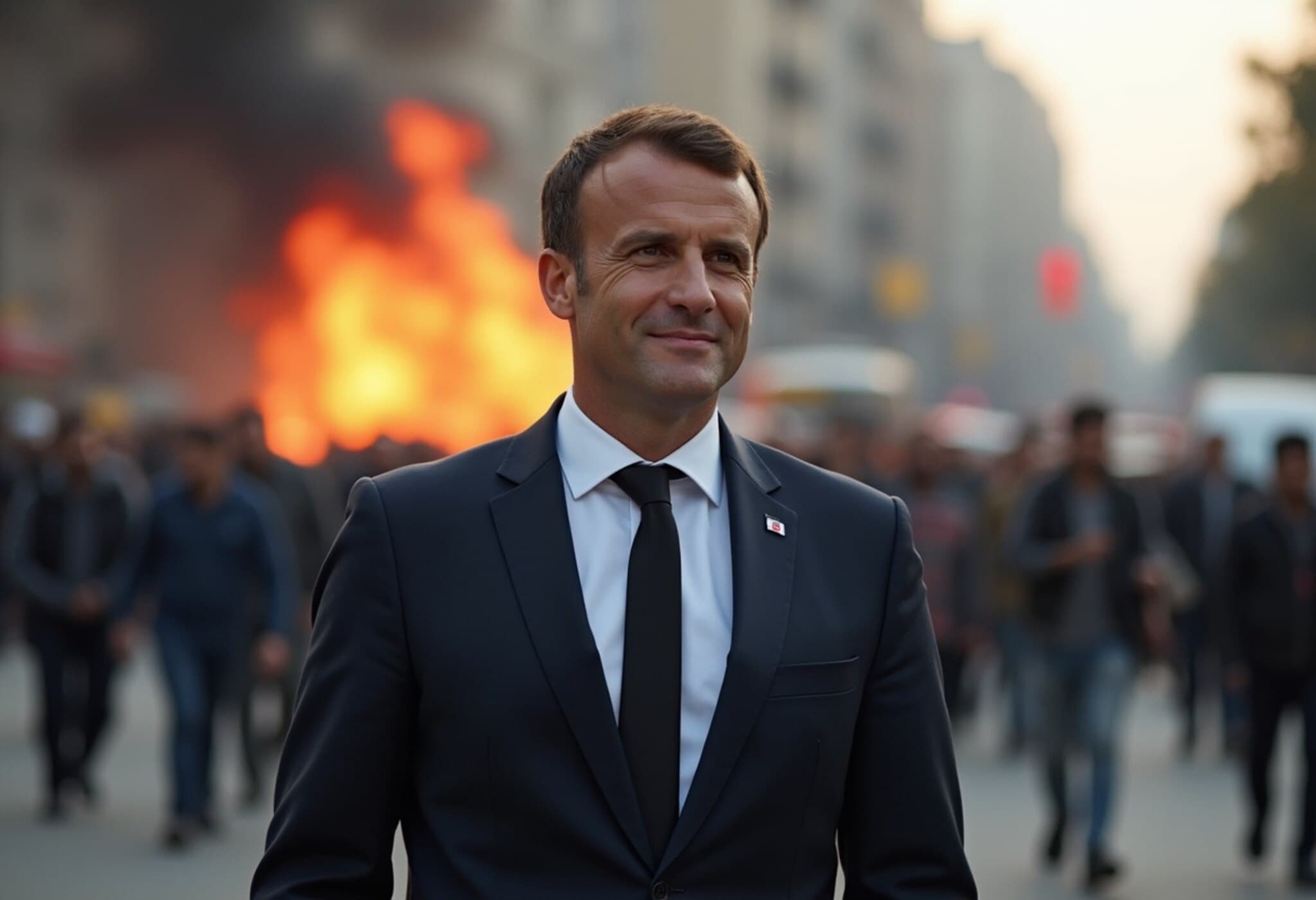Trump Announces Plans to ‘Liberate’ Washington, D.C. Amid Rising Tensions
In a move stirring national debate, former President Donald Trump declared on August 11, 2025, his intention to deploy up to 1,000 National Guard troops in Washington, D.C. He cited concerns over violent crime and homelessness in the capital as justification for this unprecedented federal intervention.
Trump’s announcement came shortly before a White House press conference scheduled for 10 a.m. ET, where he vowed to "MAKE OUR CAPITAL GREAT AGAIN" by addressing what he characterized as "Crime, Savagery, Filth, and Scum" in Washington. His message was delivered with characteristic fervor on the social media platform Truth Social, signaling a new chapter in his ongoing crusade against what he perceives as the city's deteriorating public safety and social order.
Breaking Down the Context: Crime Rates and Federal Control
Interestingly, official statistics challenge Trump’s narrative. The FBI reports a 30-year low in violent crime in D.C. as of January 2025. This discrepancy has fueled a contentious debate, with some police unions alleging that crime figures have been misrepresented or underreported. Experts caution that crime data often fluctuates and can mask localized or sudden surges that alarm the public and policymakers alike.
Trump’s threat to place Washington under federal control revives complex legal questions about the balance of power between local jurisdictions and the federal government. The District, though a federal district, traditionally governs its own policing and municipal affairs with some input from Congress. The deployment of National Guard troops on this scale, especially in a city not under emergency conditions, raises constitutional and civil liberties concerns that legal scholars and civil rights advocates are watching closely.
Homelessness Policy Sparks Heated Debate
On social media, Trump stated that "the Homeless" in D.C. must "move out, IMMEDIATELY" but assured that the government would provide housing options — albeit "far from the Capital." This position highlights a simmering political and humanitarian debate: how to balance public safety, urban order, and compassion for vulnerable populations.
D.C. Mayor Muriel Bowser strongly pushed back against the federal narrative, emphasizing the city’s economic resilience and community growth. On MSNBC’s "The Weekend," Bowser dismissed comparisons of Washington to a "war-torn country" as "hyperbolic and false," framing the city as a thriving center where families and businesses continue to flourish despite challenges.
Trump’s Attack on Federal Reserve Spending Adds Political Fuel
Beyond crime and homelessness, Trump also targeted the Federal Reserve’s $3.1 billion renovation project, criticizing it as wasteful spending. He contrasted it with what he deemed a reasonable cost range of $50 to $100 million if managed properly. This continues his broader feud with Fed Chairman Jerome Powell amid debates over economic policy, inflation, and government spending.
National Implications and Legal Challenges
This development follows a pattern: earlier in June 2025, Trump’s administration deployed the National Guard to Los Angeles during federal immigration enforcement actions, which sparked protests and legal pushback. California Governor Gavin Newsom sued the administration, arguing the deployment was unconstitutional. A federal trial on the suit is slated to begin simultaneously with the D.C. developments.
Legal experts warn that the intersection of federal authority and local governance, especially concerning the use of military or paramilitary forces domestically, demands rigorous scrutiny to prevent abuse and protect civil rights.
Expert Insight: What’s at Stake for Democracy and Urban Policy?
From a policy analytic perspective, Trump’s actions illuminate the persistent tensions in managing urban challenges like crime and homelessness — problems layered with socioeconomic complexity, systemic inequality, and political polarization.
- Federal vs. Local Authority: The initiative underscores the delicate balance between federal intervention and local autonomy in managing public safety.
- Public Perception vs. Data: Disparities between media narratives, political messaging, and crime statistics can shape public opinion, sometimes exacerbating divides.
- Humanitarian Considerations: Addressing homelessness requires nuanced, empathetic strategies beyond rapid displacement or militarized responses.
American cities increasingly face pressures that challenge governance structures, calling for dialogue that goes beyond theatrics to sustainable solutions.
Summary and Ongoing Developments
The situation in Washington, D.C. remains fluid as Trump’s plans unfold amidst political pushback and legal scrutiny. As debates heat up over the deployment of the National Guard, homelessness’ management, and federal spending, the nation watches closely, contemplating what this means for the future of urban governance and civil liberties.
Stay tuned for updated coverage as this story develops.
Editor’s Note
This unfolding story highlights critical questions about federal power, the role of law enforcement, and compassionate urban policy-making in America's capital. It underscores the need for balanced, fact-driven discourse amidst polarized political rhetoric. Readers are encouraged to consider how governance strategies on crime and homelessness can respect constitutional rights, promote public safety, and uphold human dignity in equal measure.

